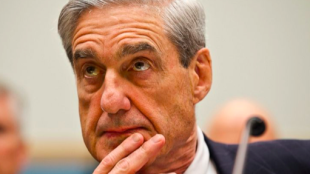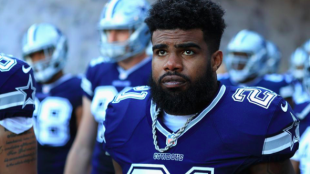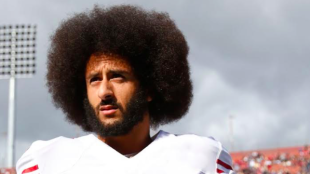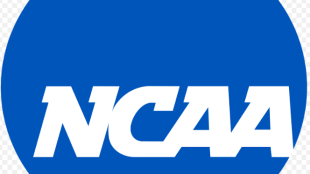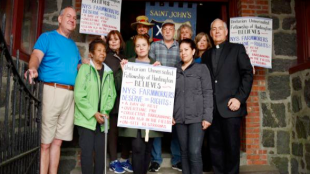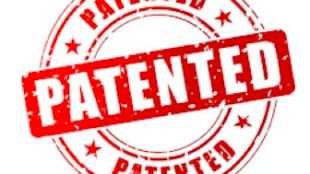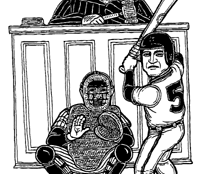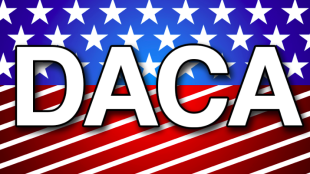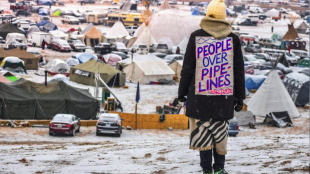The Russia Investigation: Informing the American Public
Now that more than a year has passed since the 2016 presidential election and the reports of Russian interference, we should evaluate the progress and status of the Russia investigation to ensure that the goals of the investigation are being met. Currently, the investigative efforts are splintered across the House, Senate, and Department of Justice and, as we will see, each actor has a different purpose and goal. Perhaps the highest profile portion of the investigation, and the one many view as showing the most potential to produce quantifiable results, is the effort led by former FBI Director Robert Mueller. However, it is important to consider the limitations of Mueller’s position as special counsel. Historically, many of the high profile investigations involving the executive branch (Iran Contra, Whitewater, and Monica Lewinsky) were led by special prosecutors (also referred to as independent counsel), a role very different from that of special counsel. After the Watergate scandal, Congress passed the Ethics in Government Act in 1978, which created the special prosecutor. The special prosecutor would be appointed (at the request of the attorney general) by a three judge panel and would have the ability to pursue the investigation and prosecute any charges [read more]

